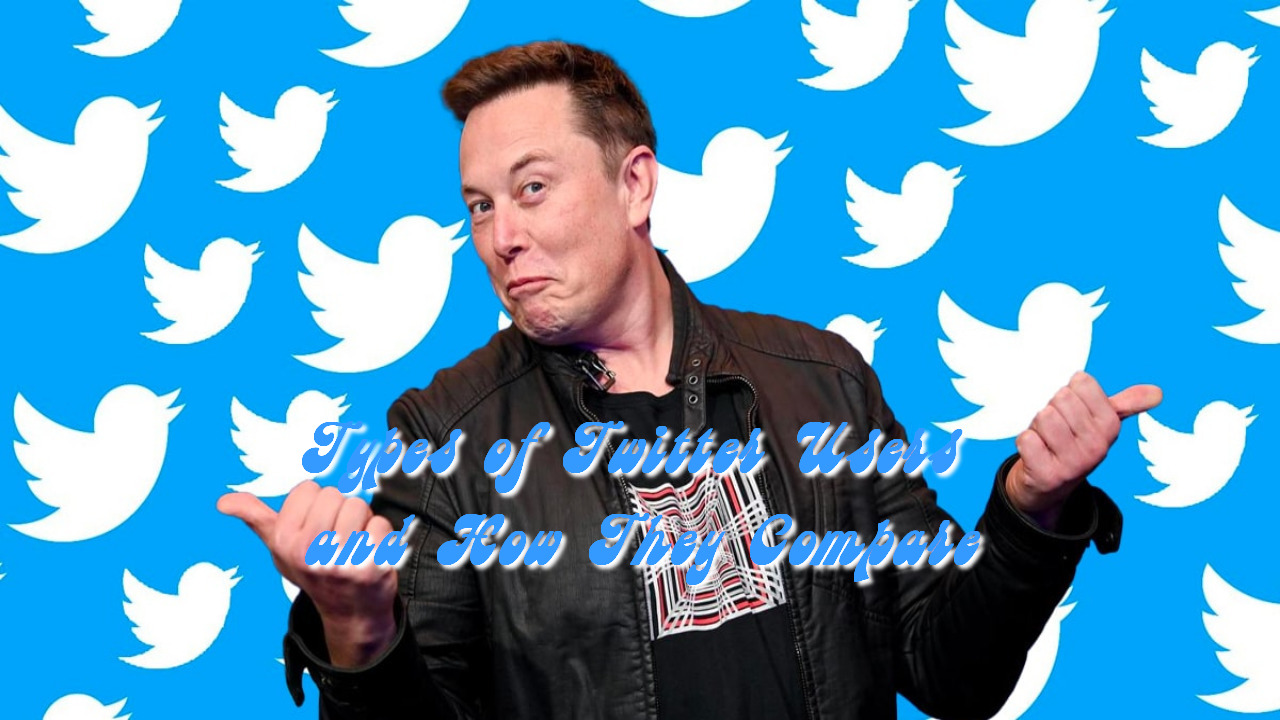Twitter has become a digital microcosm of society, where individuals from all walks of life converge to share their thoughts, opinions, and experiences. Within this diverse ecosystem, distinct types of users have emerged, each contributing to the platform’s dynamic and sometimes chaotic nature. From activists to lurkers, Twitter users can be categorized into various groups based on their behaviors, interests, and interactions. This article delves into the different types of Twitter users and highlights their characteristics, motivations, and impact on the platform.
Social Activists

Social activists, among the types of Twitter users, are a driving force on Twitter, using the platform as a megaphone to amplify social and political issues. They raise awareness about important causes, mobilize support for campaigns, and engage in impactful conversations. These users often have a sizable following due to their compelling content and dedication to effecting change. Whether advocating for climate action, racial equality, or gender rights, social activists leverage Twitter’s reach to create real-world impact. They are characterized by their passion, persistence, and ability to foster online movements that translate into offline actions.
Thought Leaders
Thought leaders are Twitter users known for their expertise in specific fields, be it technology, science, literature, or business. They share insightful and educational content, offering followers a deeper understanding of complex subjects. Thought leaders are adept at curating and presenting information in an accessible manner, making them valuable sources of knowledge. Their tweets often spark intellectual discussions and encourage critical thinking. While their follower count might be smaller compared to other categories, their influence is profound, as they shape the discourse and steer conversations toward informed perspectives.
Lurkers and Observers

Not all Twitter users are active participants in the platform’s discussions. Lurkers, often referred to as observers, prefer to stay in the background, consuming content without actively engaging. They follow accounts of interest, retweet posts, and occasionally reply, but they refrain from contributing extensively to conversations. Lurkers value Twitter as a source of information and entertainment, but they might be more reserved due to privacy concerns or a preference for offline interactions. While their impact might seem subtle, their presence contributes to the overall engagement metrics and diversity of perspectives on the platform.
Influencers and Self-Promoters

Influencers have become a prominent group on Twitter, leveraging their personal brands to cultivate large followings and monetize their online presence. They often share content related to lifestyle, fashion, travel, or fitness, presenting an idealized version of their lives. These users collaborate with brands, promote products, and earn income through sponsored posts. While some influencers offer valuable content and authentic engagement, others are criticized for perpetuating superficiality and materialism. The line between genuine expression and self-promotion can be blurry, leading to debates about authenticity in the digital age.
Comparing the Types
Each type of Twitter user brings a unique perspective and purpose to the platform, resulting in a diverse ecosystem that reflects the complexity of society. Social activists and thought leaders stand out for their dedication to causes and expertise, respectively, contributing to meaningful discussions and knowledge dissemination. Lurkers play a quieter but essential role by consuming content, supporting trends, and bolstering engagement metrics. Influencers, while often a subject of debate, wield significant influence over consumer behavior and can impact popular culture. Furthermore, these user types intersect and influence one another, creating a dynamic interplay of ideas and interactions. Thought leaders might collaborate with social activists to promote causes, while influencers might align with activists to raise awareness about important issues. Lurkers absorb the information shared by all types, forming a collective audience that shapes the trends and topics that gain traction.
In conclusion, Twitter’s ecosystem is a reflection of the multifaceted nature of human society. The platform accommodates various types of users, each contributing to its vibrancy in its own way. From passionate social activists to insightful thought leaders, from quiet observers to influential self-promoters, these types coexist and interact, forming a rich tapestry of voices that collectively shape the platform’s character and impact on the world.


